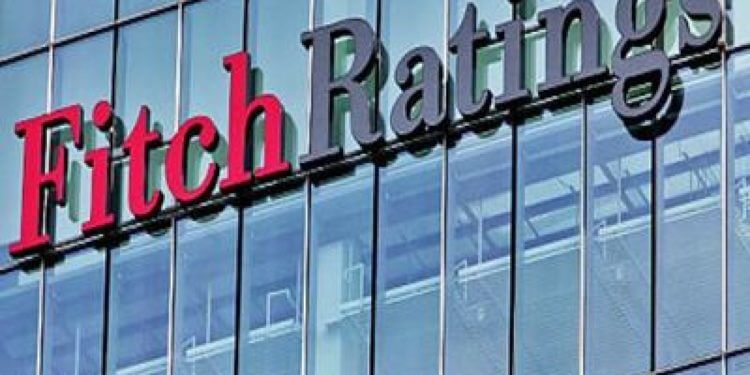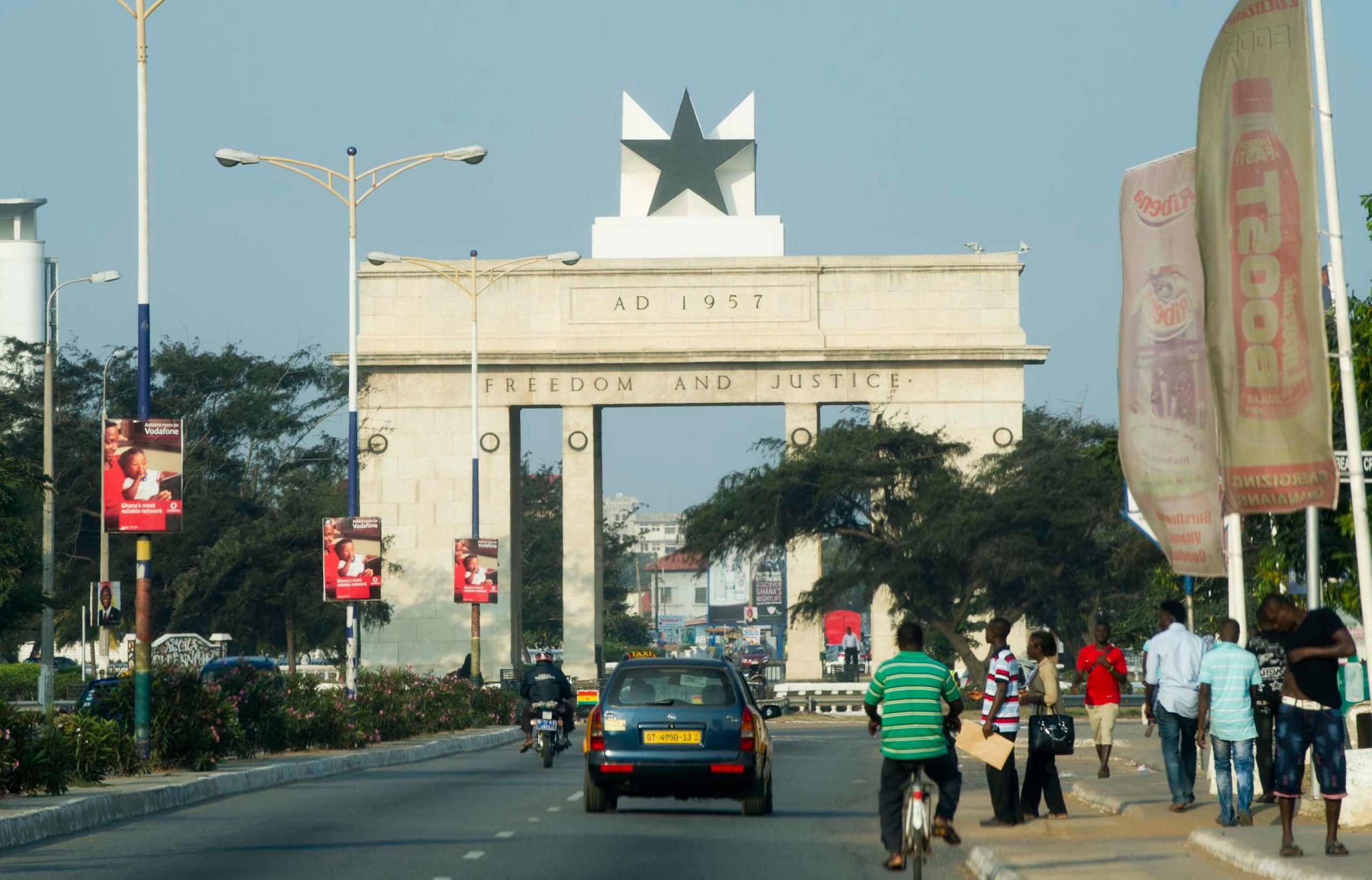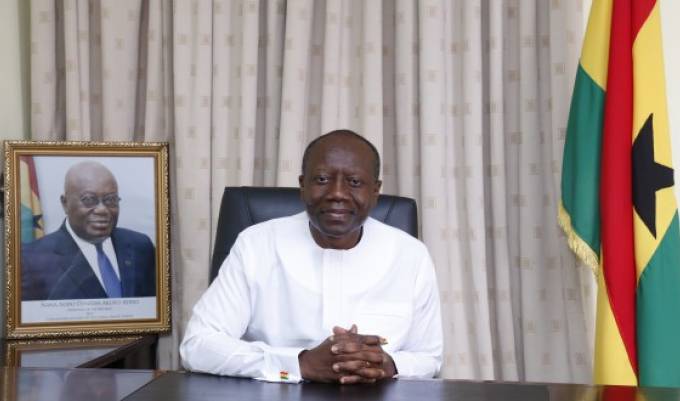Fitch, a rating agency, based in the United Kingdom, has pegged Ghana’s economic growth rate for 2020 to 2% in 2020 from over 6%.
This is contrary to the GDP projection of the Government of Ghana, which has been revised from 6.8% in the 2020 budget to 1.5% at worse-case scenario for this year due to the impact of the COVID-19 outbreak on the economy.
The World Bank and the International Monetary Fund have both early on also revised Ghana’s economic growth rate to 1.5%.
Fitch, in its diagnosis of the Ghanaian economy, said there is material downside risk to this forecast depending on the extent and duration of the coronavirus outbreak and the resulting lockdown measures.
“The current lockdown in Ghana’s two largest cities of Accra and Kumasi will lead to much slower growth in manufacturing and services, but agriculture and the extractive sectors are likely to fare better”, it said.
Ghana’s economic dependent on Oil Sector
Ghana’s economy has been largely driven by high growth in the oil sector, since the country begun producing it in about 10 years ago.
“We expect a relatively robust recovery to 5% in 2021, as oil production recovers gradually from an expected fall in 2020 and non-oil growth continues its recovery.
“The possibility of bringing new oil and gas reserves into production brings some upside risk in the long term, but we expect that Ghana’s oil sector development will slow in response to the collapse of oil prices”, the ratings agency disclosed.
Fitch further predicted that drop in oil revenues, along with lower tourism receipts and remittances will lead to widening of the current account in 2020.
Other key export may save the situation
However, Fitch said the situation will be contained by the fact that Ghana’s other exports, gold and cocoa, are not dependent on happenings in the oil sector.
Again, Fitch has predicted that the country’s current account deficit could widen to 4% of GDP, that is from 2.9% in 2019.
The expected increase in external debt disbursements coupled with the performance of the cedi, they, again added, will support Ghana’s official international reserves position
However, increased borrowing, they cautioned, will take net external debt to 46.1% of GDP, well above the current ‘B’ median of 17.6%.
The World Bank had forecast a GDP growth rate of 6.8% in 2020 but recently revised it to 1.5%.
Fitch affirms Ghana’s rating at ‘B’
Meanwhile, the ratings agency, on Tuesday affirmed Ghana’s Long-Term Foreign-Currency Issuer Default Rating (IDR) at ‘B’ with a Stable Outlook.
This affirmation reflects Fitch’s expectation of a quick recovery of the country’s economy after the coronavirus pandemic shock and the availability of additional fiscal and external financing options to the sovereign.
Fitch now predicts the general government cash deficit to expand from an estimated 7.6% of GDP in 2019 to above 10% in 2020.
The 2020 cash deficit includes approximately 2.8% of GDP in arrears clearance and the realisation of contingent liabilities from the financial and energy sectors.
“We expect that the fiscal deficit will narrow in 2021, supported by stronger growth and fewer materialising contingent liabilities. However, the December 2020 elections heighten risks of additional fiscal slippage this year and of possible post-election reversal of the 5% deficit cap and PFM reforms,” Fitch stated in its latest release on Tuesday.









